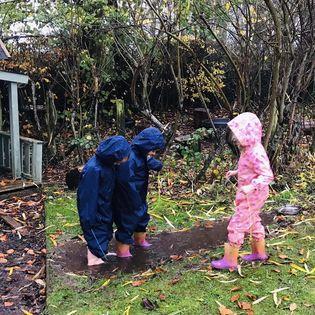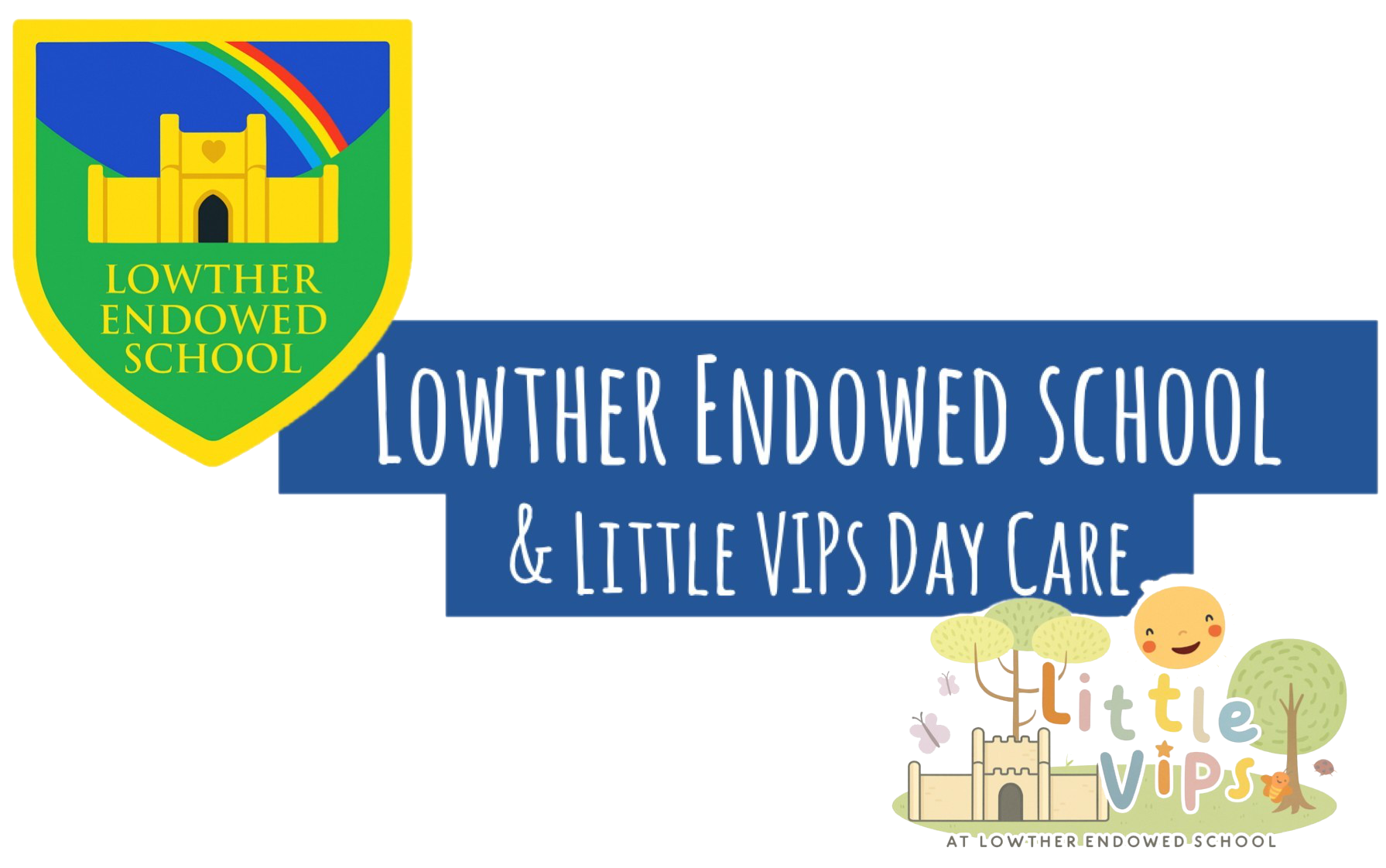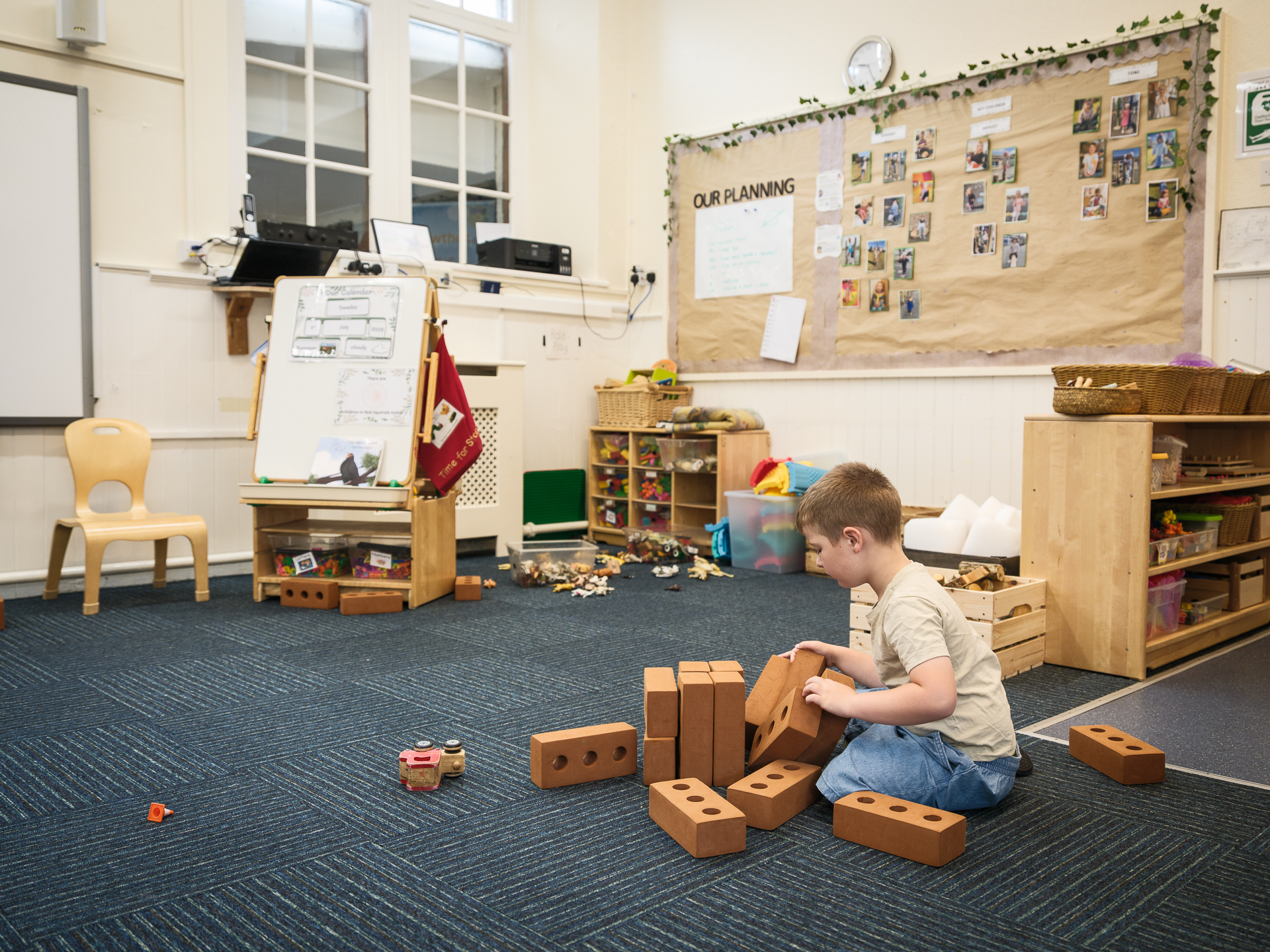Learning Beyond the Classroom
Learning beyond the classroom refers to any educational experiences that take place outside the traditional indoor classroom setting. It plays a crucial role in helping children apply what they’ve learned in real-world contexts, build social and emotional skills, and develop confidence, independence, and curiosity. Here are key aspects of learning beyond the classroom:
Outdoor Learning
-
Activities such as forest school, nature walks, or lessons in school gardens allow children to engage with the natural world.
-
It encourages exploration, problem-solving, and resilience.
-
Physical movement and fresh air support mental health and wellbeing.
Educational Visits and Trips
-
Trips to museums, galleries, historical sites, science centres, and local businesses deepen understanding through hands-on learning.
-
These experiences can bring abstract concepts to life and spark new interests or passions.
Community Involvement
-
Involving children in local community projects, volunteering, or intergenerational learning fosters a sense of citizenship and responsibility.
-
It builds empathy and social awareness, helping pupils see the impact of their actions in the wider world.
Extra-Curricular Activities
-
Clubs, sports teams, music lessons, drama productions, and art workshops provide opportunities to discover and develop talents.
-
These help build teamwork, leadership, perseverance, and self-expression.
Residential Experiences
-
Overnight stays or longer residentials allow children to build independence, learn life skills, and strengthen relationships with peers and staff.
-
Facing new challenges away from home helps develop confidence and adaptability.
Cross-Curricular Projects
-
Projects that blend subjects—like combining geography, science, and art in an environmental project—encourage creativity and deeper learning.
-
These often involve outdoor exploration, research, and presenting findings in engaging formats.
Environmental and Global Learning
-
Topics such as sustainability, climate change, and global citizenship often benefit from real-world context and active participation.
-
Activities might include eco-councils, recycling initiatives, or partnerships with schools abroad.
Why It Matters
-
Learning beyond the classroom supports holistic development—intellectual, emotional, physical, and social.
-
It helps children become more engaged, motivated learners who understand that learning happens everywhere—not just at a desk.

Visitors are always surprised by how large our outdoor space is! We know that we are extremely lucky and this is why we ensure it is used to enhance learning experiences. Our large wildlife area is full of different trees, willow, and plenty of birds and minibeasts! Also, the area allows children to navigate the uneven space, requiring balance and coordination. The children quite often enhance their play in this area with small world creatures, spades to transfer the stones, and wheelbarrows to collect and transport water.
Outside, we are lucky enough to have our own open-ended exploration area: mud kitchen, water station, muddy pits, and large tyres. In the area, children enjoy using skills such as grinding, mixing, stirring, pouring, filling, juicing, cutting, and mashing, as they experiment with leaves, moss, grass, herbs, mud, and anything else they can get their hands on!
Intent
At Lowther Endowed School, we believe that learning beyond the classroom is essential to enrich pupils’ educational experiences, deepen their understanding, and develop essential life skills. Our aim is to provide meaningful, hands-on opportunities that connect classroom learning with the wider world. We want our children to build confidence, independence, and curiosity through real-life contexts, outdoor exploration, community engagement, and cultural experiences. These opportunities are designed to broaden horizons, foster a love of learning, and support personal growth.
Implementation
-
We plan regular visits and field trips to local places of interest, museums, historical sites, and natural environments to bring learning to life.
-
Outdoor learning is embedded across subjects, with opportunities for exploration, investigation, and physical activity in our school grounds and community.
-
We invite visitors from the local community and beyond to share their expertise, stories, and skills with pupils.
-
Curriculum themes often include project-based or enquiry-led tasks that extend beyond the classroom walls.
-
We provide after-school clubs, workshops, and enrichment activities that allow children to explore new interests and talents.
-
Safety and accessibility are carefully considered to ensure all pupils can participate fully in learning beyond the classroom.
-
Reflection and discussion are encouraged after each experience to consolidate learning and link it back to classroom objectives.
Impact
-
Pupils develop increased engagement, motivation, and enthusiasm for learning by experiencing subjects in a variety of real-world contexts.
-
Children build key skills such as teamwork, communication, problem-solving, and resilience through hands-on activities and new challenges.
-
Learning beyond the classroom enhances pupils’ understanding and retention of knowledge, making learning more meaningful and memorable.
-
Pupils gain a stronger sense of connection to their community and environment, fostering responsible citizenship.
-
These experiences contribute to children’s personal development, confidence, and social skills, supporting their overall wellbeing and readiness for future learning.
Cultural Capital through Learning Beyond the Classroom
We recognise that learning beyond the classroom is essential for developing the cultural capital of all pupils. Through a wide range of enriching experiences—local visits, outdoor learning, community engagement, cultural celebrations, and interactions with diverse people and environments—we provide children with opportunities to broaden their horizons and deepen their understanding of the world.
Our approach ensures that every pupil, from Early Years to Year 6, accesses experiences that:
-
Expose them to a variety of cultures, histories, and perspectives beyond their immediate surroundings.
-
Develop their social skills, confidence, and independence by participating in real-world activities and challenges.
-
Foster a sense of belonging and responsibility within their local community while connecting to global issues.
-
Encourage curiosity, creativity, and a lifelong love of learning through hands-on, memorable experiences.
-
Promote empathy, respect, and inclusion by celebrating diversity and encouraging open-mindedness.
-
Equip children with the knowledge and skills to navigate and contribute positively to an interconnected world.
By embedding learning beyond the classroom in our curriculum and school ethos, we enrich pupils’ academic and personal development, preparing them to thrive in their futures as informed, compassionate, and confident individuals.
What does Learning Beyond the Classroom look like in EYFS ....
In the Early Years Foundation Stage, learning beyond the classroom is an integral part of how we support children’s development through rich, hands-on experiences. It involves taking children outside the traditional indoor environment to explore and engage with the world around them, making learning active, sensory, and meaningful.
What this looks like in EYFS:
-
Regular outdoor learning sessions in our school grounds, including nature trails, gardening, and exploring seasonal changes.
-
Visits to local places such as parks, shops, community centres, and farms to connect learning with real-life contexts.
-
Opportunities to observe and investigate natural phenomena—like weather, plants, animals, and insects—encouraging curiosity and enquiry.
-
Engagement in practical activities such as collecting natural materials, building with sticks and stones, or water play.
-
Use of role-play and imaginative games in outdoor settings to develop communication, social skills, and creativity.
-
Involvement in community events and celebrations to learn about local culture and traditions.
-
Interaction with visitors such as firefighters, local artists, or storytellers who bring new experiences into the children’s learning.
-
Encouraging physical development through climbing, balancing, running, and using a variety of outdoor equipment.
-
Reflection through conversations, storytelling, and drawing to help children make sense of their experiences.
These experiences support children’s physical, emotional, social, and cognitive development and help foster a lifelong love of exploration and learning.


